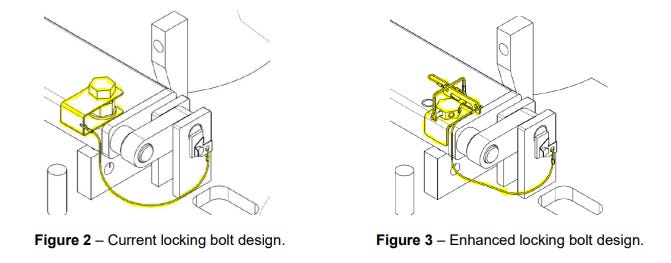Artificial Intelligence and the “But we’re different, you know” Conundrum
Many people in the Process Safety Management discipline are trying to figure out how ChatGPT and its cousins are likely to influence the course of our discipline. We have written a number of posts on this topic, but they all tend to beg the question as to what is meant by intelligence ― natural or otherwise. This is obviously a huge question, one that is way outside the scope of this narrowly focused blog.
But let’s have a go.
I have worked in many types of process and energy industry: offshore production platforms, oil refineries, petrochemical plants, pharmaceuticals and bauxite mining ― to name just a few. Each of these industries has a process safety management program. I have come to the following conclusions:
People in each industry believes that their process safety programs are unique. Hence, the endlessly repeated sentence, “But we’re different, you know”, with the implication that there is nothing to learn from other industries.
It is true that each industry does have its unique features, but their similarities substantially outweigh their differences. They’re actually not all that different.
A consequence of this misconception is that opportunities for learning from other industries are missed. Yet, I would suggest that one aspect of human intelligence is the ability to make such connections ― to recognize that sometimes ‘1 + 1 = 3’ is the correct answer. This is something that humans can do, but I do not see such abilities in Artificial Intelligence programs.
Let us illustrate this challenge/opportunity with an example.
Recently BSEE (the regulator for oil and gas operations in the United States) issued Safety Alert No. 480 Fingerboard Locking Bolt Failure Leads to Near Miss Incident. At first glance this would seem to be a true case of, “We’re different you know”. No other industry has to store and move large quantities of pipe in this way. But the issue is not really to do with large amount of pipe ― it is to do with the fact that one or more bolts were insecure.
Which takes us to the recent highly publicized event in which a plug in a door on a Boeing 737 Max airplane blew out. The BBC reports,
. . . four key bolts that were meant to lock the unused door to the fuselage appeared to be missing.
This incident suggests that maybe the civil aviation and offshore drilling businesses may not be that different after all.
Could ChatGPT has identified this far from obvious link between two such disparate industries?
This is actually a misleading question. If we ask the program, ‘What are the similarities between the events of BSEE Safety Alert No. 480 and the airplane door blowout?’ then we have jumped the gun. We need the program to spontaneously spot a similarity between the two events without being prompted.
To the best of my knowledge, we have not reached that point yet.




